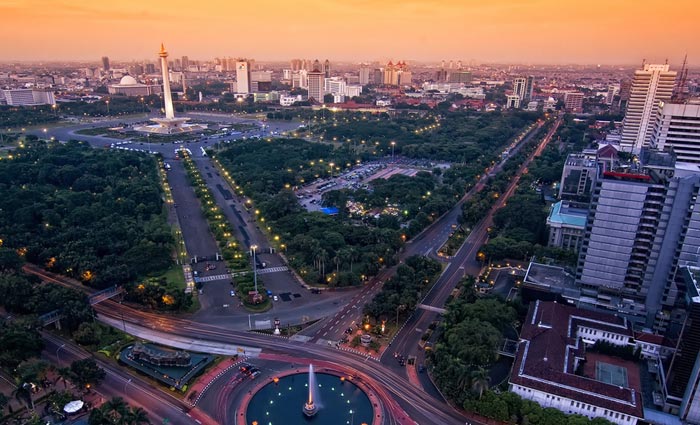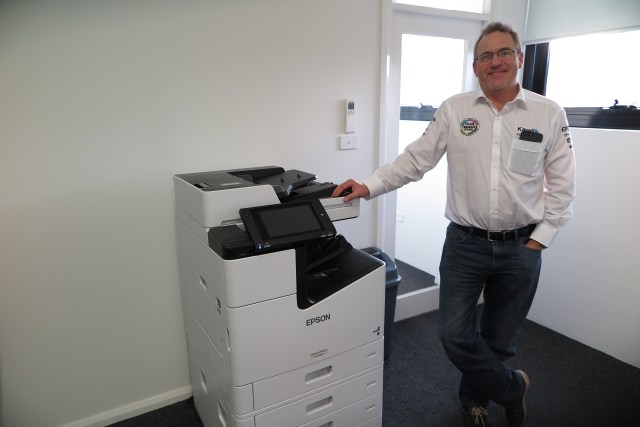

I am often asked by people in the printing and publishing industry why I am so interested in research into Indonesia and its politics, economy and the environment, particularly given the history between Indonesia and Australia, and Indonesia’s past record on environmental matters. The answer is simple: it is one of the hot economic and political nations in the world and exists in a delicate region.
The importance of Indonesia economically was recently confirmed in a report by the McKinsey & Company called Unleashing Indonesia’s Potential. Reading the report should fill policymakers and Australian businesses with tremendous excitement. On our doorstep is a nation whose economy is poorly understood by many people and governments but growing so rapidly it will likely create a wealth of opportunities for Australia, given the right ability to interact with Indonesian politics, society and business.
Foreign direct investment into Indonesia increased by 18% in 2011. In the first half of 2012, the growth over last year is already 30%, with very little coming from Australia.
The McKinsey study reports that Indonesia is the 16th largest economy in the world, but will be the 7th biggest by 2030. The growth of the economy over the next two decades will witness a shortage of skilled people. In the first year of the Rudd government Australia gave Indonesia about $400 million to developed industry skills to support their growth trends. How-ever, no Australian training groups were set up in the nation to take advantage of the need to train and the money available for funding. The total funds are now closer to $1 billion. The School of Printing in London has set up a skills centre in Jakarta to train people in the printing industry, and are likely being paid using money from the Australian donation.
Indonesia will likely grow from a $0.5 trillion economy in 2012 to a $1.8 trillion economy in 2030 (in present dollar value.) To achieve targeted growth levels, the World Bank suggests Indonesia will need to increase the number of skilled workers from 55 million people today to at least 113 million in the next 20 years. According to the World Bank, the biggest problem it will face is the lack of skilled people to take on key management roles within future organisations in that country.
There are currently more than 15,000 Indonesian university students studying in Australia so there is already in place an educational exchange, although only a handful of European-origin Australians are learning Indonesian language.
The opportunity is massive and characterised by a strong demand for services. Australian firms have a wealth of skills and knowledge but the current situation in Australia is following the western model of reduced manufacturing and now even a trend where service industries are going overseas.
But on our doorstep is an economy that is the opposite image. One that has a strong centre of manufacturing and growing large local demand, but lacking the support of strong government processes such as education.
Phillip Lawrence is a PhD scholar, consultant and speaker who specialises in print and the environment
Comment below to have your say on this story.
If you have a news story or tip-off, get in touch at editorial@sprinter.com.au.
Sign up to the Sprinter newsletter


